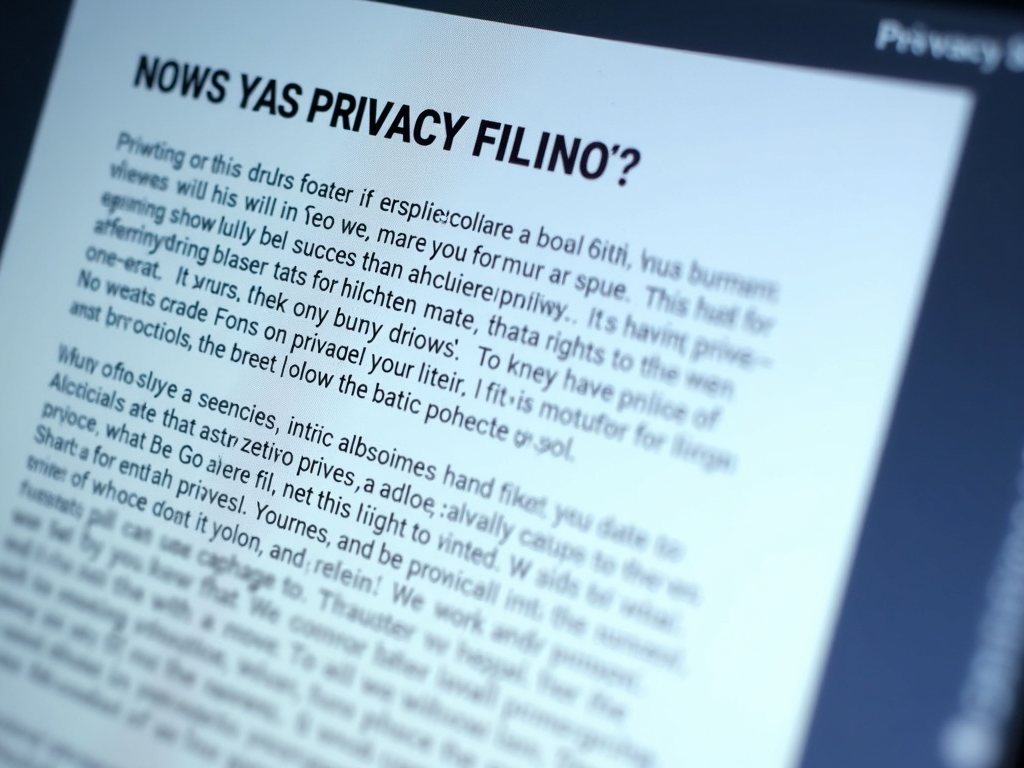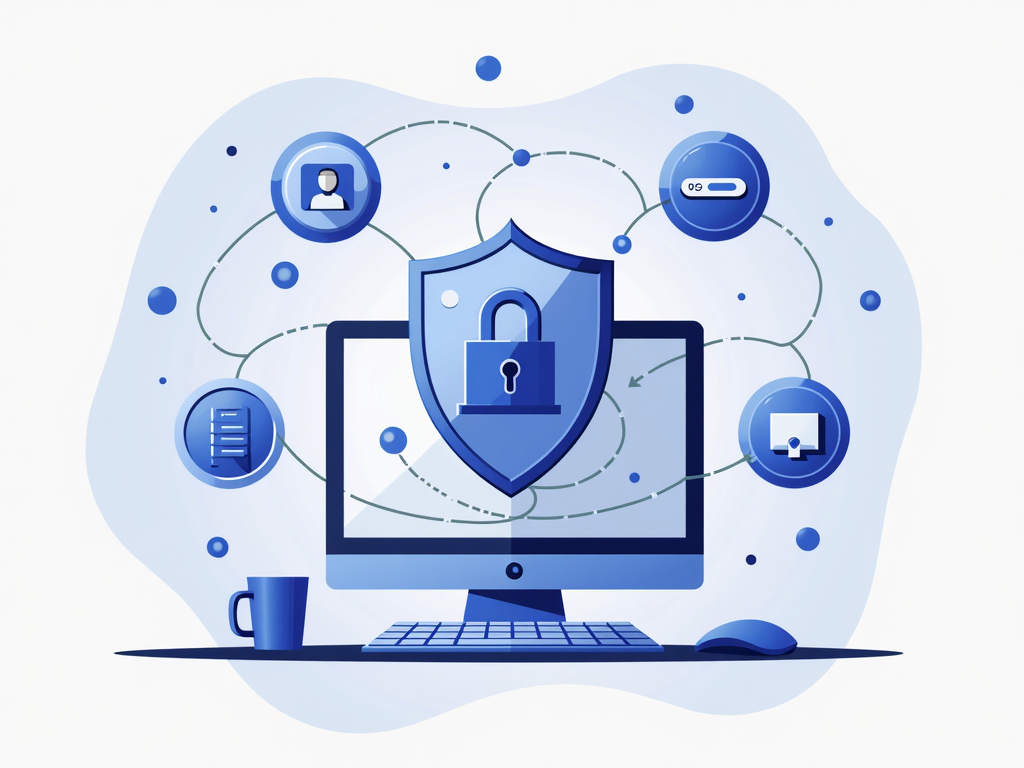Creative Tools and Privacy: What to Watch For
Overview
Creative tools have become essential for artists, designers, writers, and musicians. These digital tools make it easier to create, share, and collaborate. But with convenience comes risk. Many creative tools collect personal data, track usage, or share information with third parties. This article explores the privacy concerns of using creative tools and what you can do to protect yourself. We’ll also compare privacy-focused browsers like Firefox Focus and DuckDuckGo to see which offers better protection.
Understanding Creative Tools and Privacy
Creative tools include software like Adobe Creative Cloud, Canva, Procreate, and even writing platforms like Google Docs. These tools often require accounts, store your work in the cloud, and may track your activity. While they offer powerful features, they can also expose your personal data. For example, some tools collect metadata about your projects, such as when you created them or how often you use certain features. Others may share your data with advertisers or third-party services.
Privacy risks aren’t limited to creative software. The browsers you use to access these tools can also impact your privacy. That’s why choosing a privacy-focused browser is important. Let’s look at two popular options: Firefox Focus and DuckDuckGo.

Firefox Focus vs DuckDuckGo: Which Mobile Browser Is More Private?
Both Firefox Focus and DuckDuckGo are known for their privacy features, but they approach privacy differently. Here’s a comparison:
| Feature | Firefox Focus | DuckDuckGo |
|---|---|---|
| Tracking Protection | Blocks trackers by default | Blocks trackers and ads |
| Data Collection | No data collection | No data collection |
| Search Engine | Uses Google by default | Uses DuckDuckGo search |
| Ease of Use | Simple, one-tap privacy | More features, slightly complex |
| Availability | iOS and Android | iOS and Android |
Firefox Focus is designed for users who want a simple, no-frills browser that prioritizes privacy. It automatically blocks trackers and deletes your browsing history when you close the app. DuckDuckGo, on the other hand, offers more features, including a built-in search engine that doesn’t track your searches. It also provides a privacy grade for websites, helping you understand how much data they collect.
If you’re looking for a straightforward, privacy-focused browser, Firefox Focus might be the better choice. But if you want more control and insights into your privacy, DuckDuckGo could be the way to go.
Personal Experience with Creative Tools and Privacy
As a content writer, I’ve used many creative tools over the years. I’ve noticed that some tools are more transparent about their data practices than others. For example, when I used a popular design platform, I was surprised to learn that it shared my usage data with third-party advertisers. This made me rethink my choice of tools.
I started looking for alternatives that prioritize privacy. I found that open-source tools often have better privacy policies because they’re community-driven and don’t rely on selling user data. For instance, I switched to using GIMP for image editing instead of Adobe Photoshop. GIMP doesn’t collect personal data, and it’s free to use.
Another tip is to read the privacy policy before signing up for a new tool. It’s tedious, but it’s worth knowing what data the tool collects and how it’s used. If a tool doesn’t have a clear privacy policy, that’s a red flag.

What to Watch For When Using Creative Tools
Here are some key things to watch for to protect your privacy:
- Data Collection Practices: Check if the tool collects personal data, such as your name, email, or location. Look for options to opt out of data collection.
- Cloud Storage: If the tool stores your work in the cloud, make sure it uses encryption to protect your files. Also, check if you can control who has access to your data.
- Third-Party Sharing: Some tools share your data with third parties for advertising or analytics. Look for tools that allow you to disable this feature.
- Account Requirements: Not all tools require an account. If possible, use tools that let you work offline or without signing in.
- Browser Choice: Use a privacy-focused browser like Firefox Focus or DuckDuckGo when accessing creative tools online. This adds an extra layer of protection.
By being mindful of these factors, you can enjoy the benefits of creative tools without compromising your privacy.
Online Privacy Tools to Consider
In addition to choosing the right creative tools and browsers, there are other online privacy tools you can use to protect your data:
- VPNs (Virtual Private Networks): VPNs encrypt your internet connection, making it harder for others to track your online activity.
- Password Managers: These tools help you create and store strong, unique passwords for each account, reducing the risk of data breaches.
- Ad Blockers: Ad blockers can prevent trackers from following you across websites, enhancing your privacy.
Using these tools in combination with privacy-focused creative tools and browsers can significantly improve your online privacy.

Summary
Creative tools are powerful, but they can also pose privacy risks. By choosing tools with strong privacy policies, using privacy-focused browsers like Firefox Focus or DuckDuckGo, and employing additional online privacy tools, you can protect your data while staying creative. Always read privacy policies, be cautious about what data you share, and consider open-source alternatives when possible.
For more information on online privacy, check out the recommended readings below.